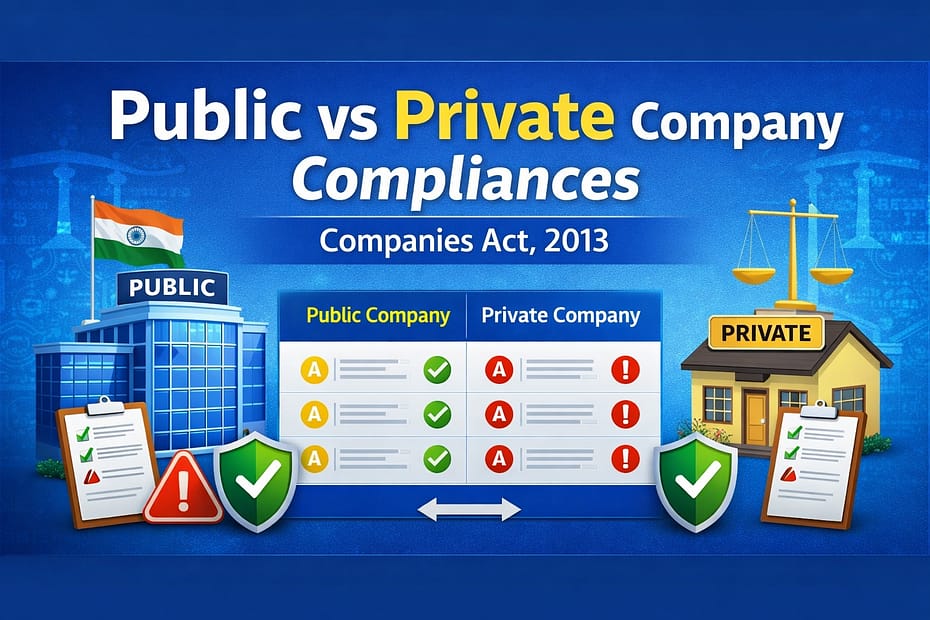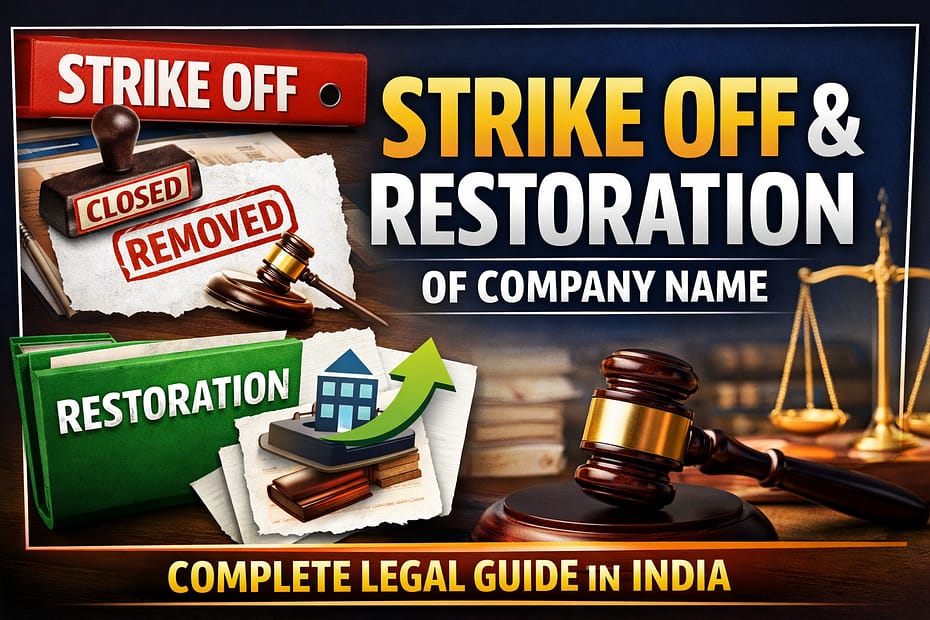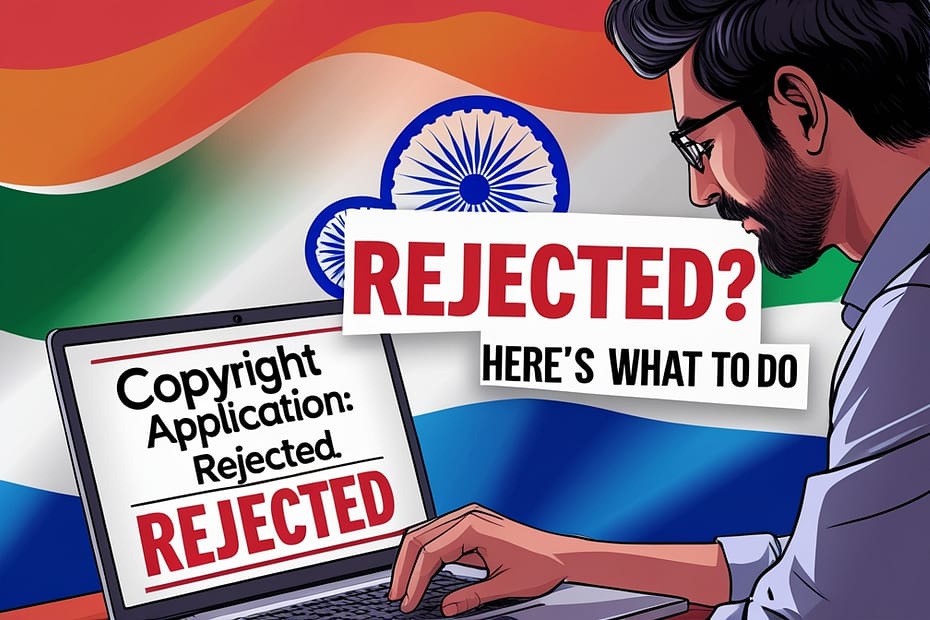Protecting International Works in India: Copyright Rules for Foreign Creators”
In today’s global digital world, creative works travel across borders instantly. A song composed in the United States can be streamed in India within minutes, a European film can be watched on Indian OTT platforms,… Protecting International Works in India: Copyright Rules for Foreign Creators”
How to License Your Copyrighted Work Internationally: Complete 2025 Guide
In today’s global digital economy, creative works travel faster than ever. An Indian song can trend in Europe within days, a blog written in Delhi can appear on a US website overnight, and a software… How to License Your Copyrighted Work Internationally: Complete 2025 Guide
India’s Copyright Law and International Treaties: A Complete 2025 Guide
In today’s digital world, creative works travel faster than ever before. A song uploaded in India can reach listeners in Europe within minutes. A blog written in Mumbai can be copied on a website in… India’s Copyright Law and International Treaties: A Complete 2025 Guide
What Is International Copyright Protection? A Complete Guide for 2025
In today’s digital world, creative works travel across borders instantly. A song recorded in India may go viral in the USA. A blog written in Delhi could be translated and posted on websites in Europe.… What Is International Copyright Protection? A Complete Guide for 2025
How to Legally Enforce Your Copyright Rights in India: Process, Remedies & Tips
Copyright registration is one of the most powerful ways to protect your creative work in India. Whether you are a writer, artist, photographer, filmmaker, developer, designer, musician, or business owner, registering your copyright legally proves… How to Legally Enforce Your Copyright Rights in India: Process, Remedies & Tips
Copyright Registration for Small Businesses in India: Legal Protection, Fees & Requirements
Protecting intellectual property has become essential in today’s digital and competitive business world. For startups and small-medium enterprises (SMEs) in India, building a brand takes creativity, innovation, and consistent effort — whether it’s content, branding,… Copyright Registration for Small Businesses in India: Legal Protection, Fees & Requirements
How to Handle Copyright Rejection in India: Step-by-Step Response Guide (2025)
Copyright protection in India gives creators exclusive rights over their original work — whether it’s a book, song, film, website, logo, software, painting, or any other creative content. While copyright registration is not mandatory, it… How to Handle Copyright Rejection in India: Step-by-Step Response Guide (2025)










